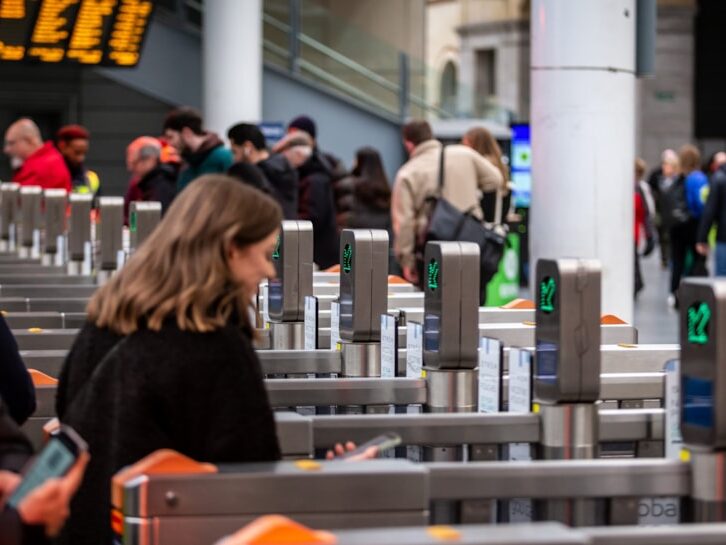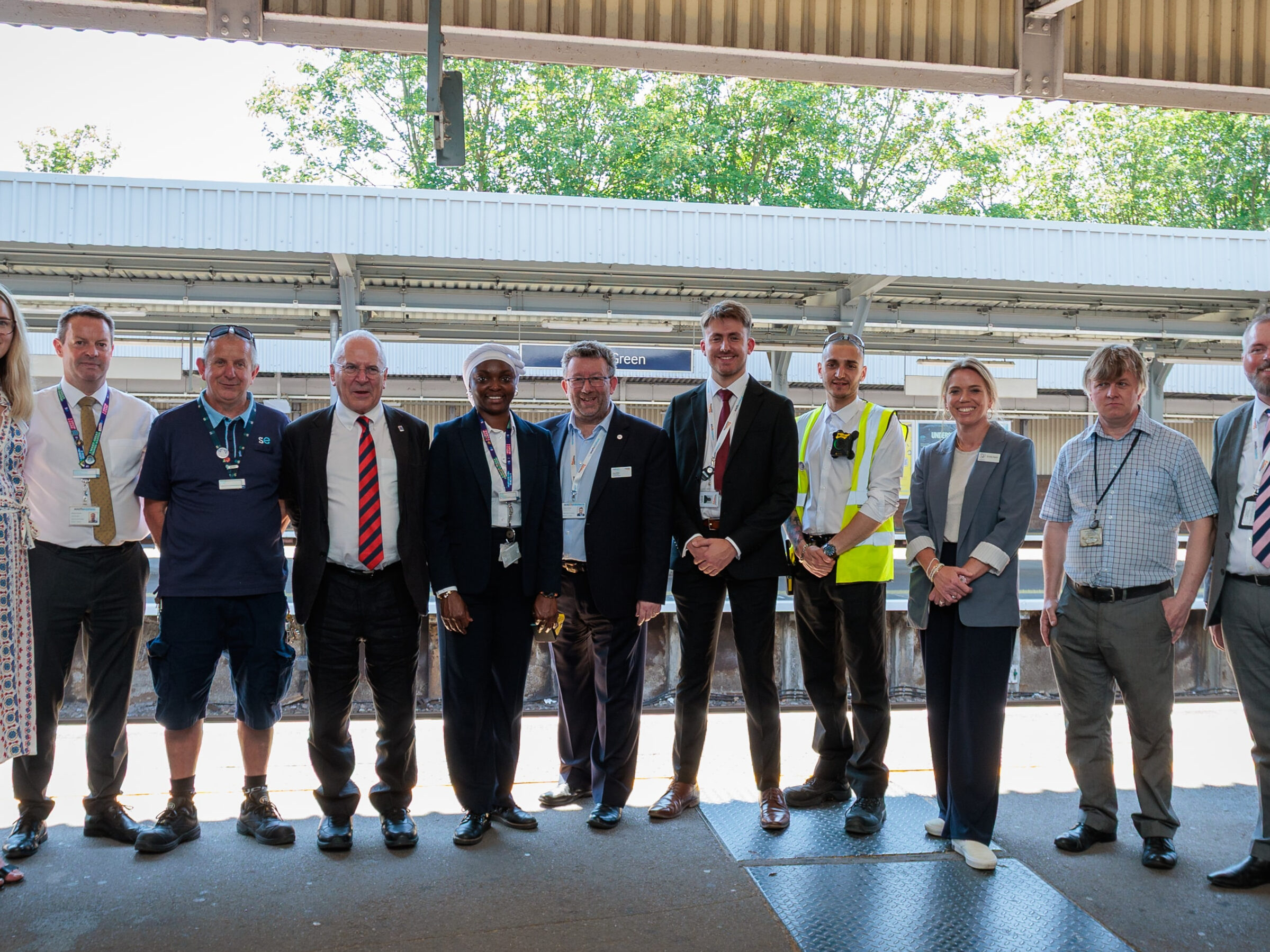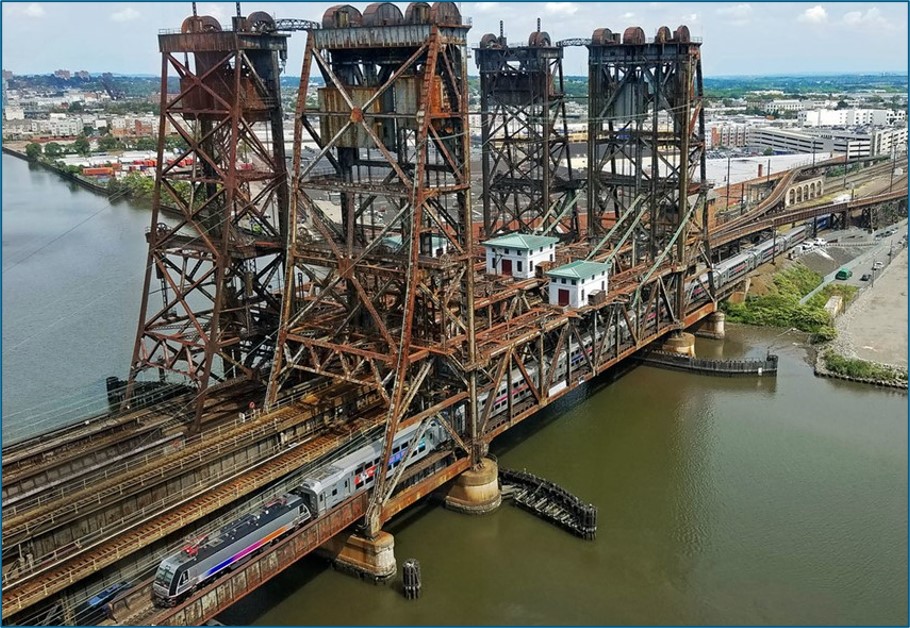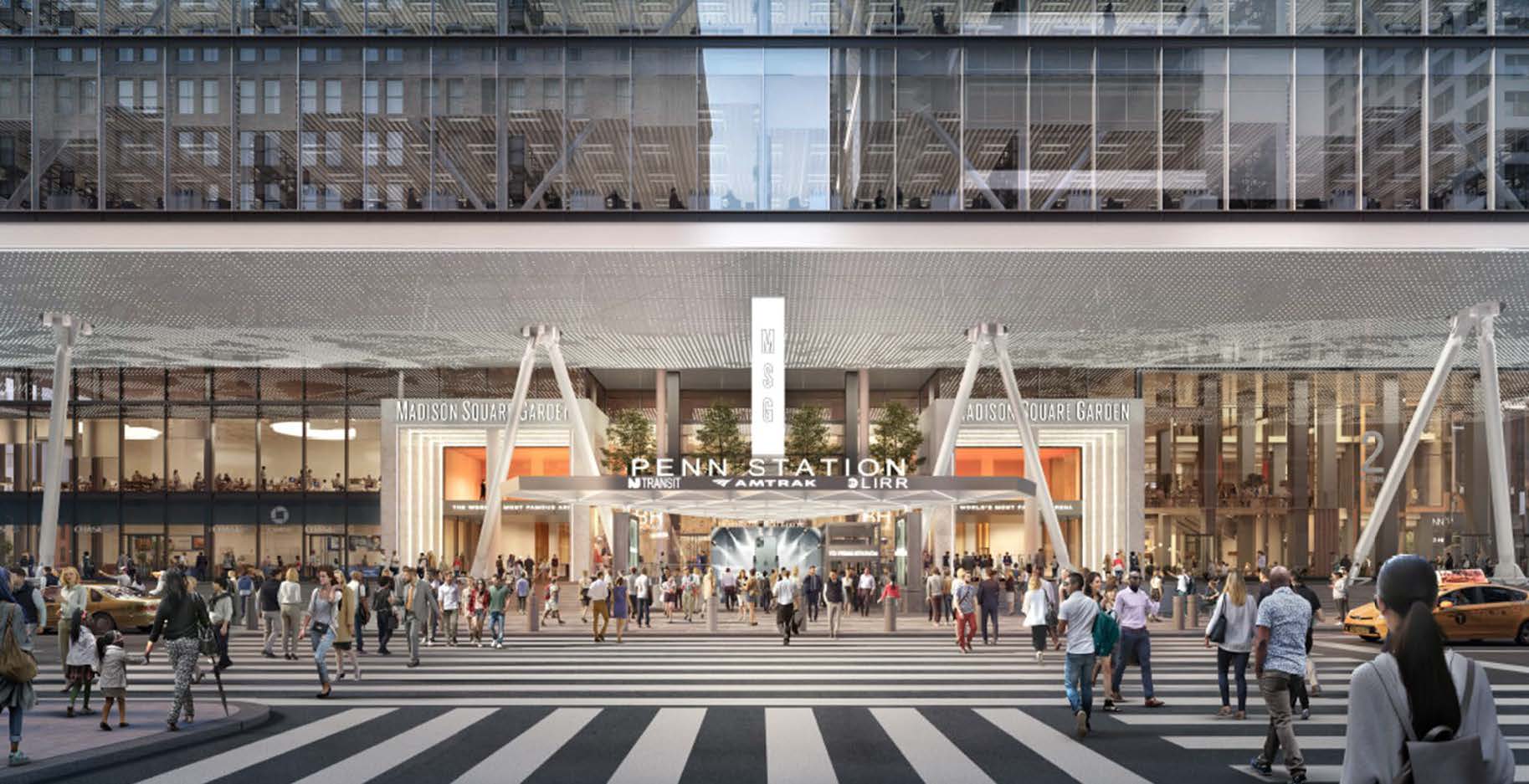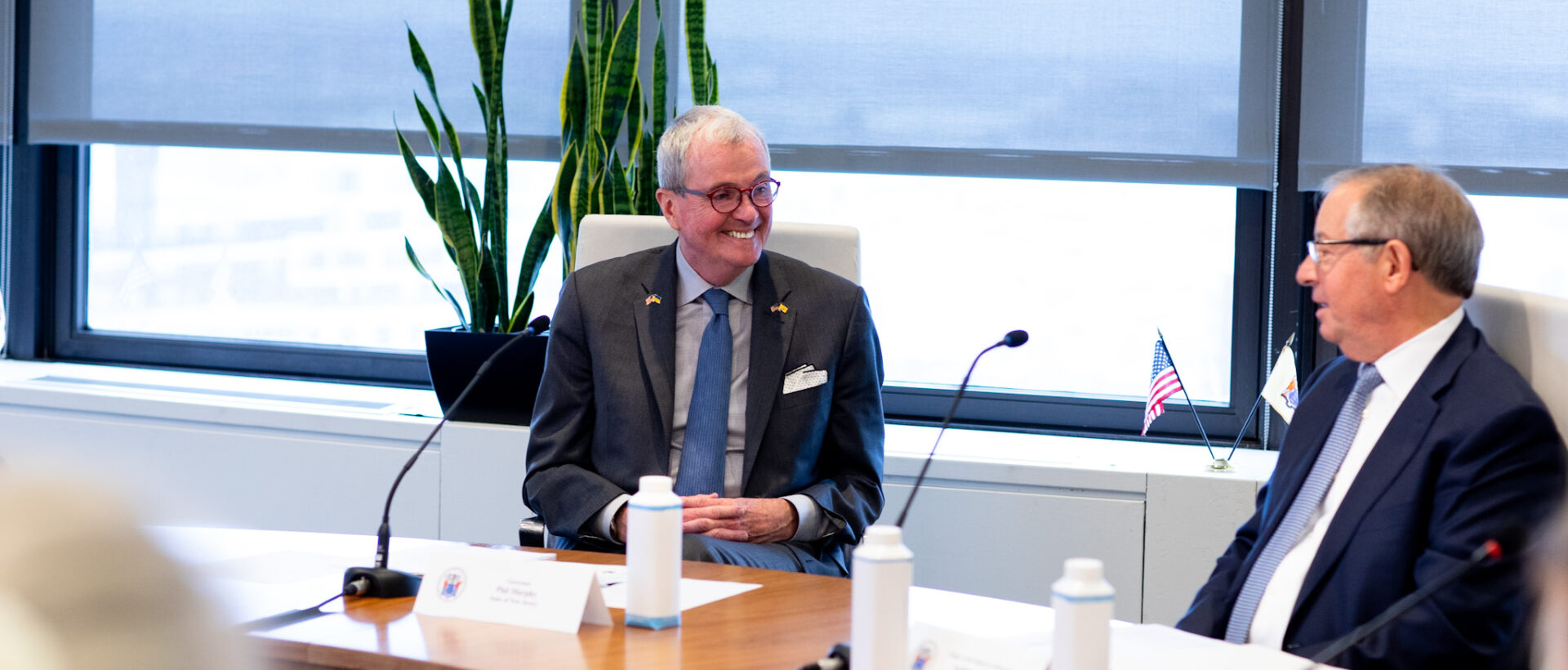Passengers looking to enjoy festivities in New Orleans and Mobile this summer will soon be offered a ride on Amtrak’s new intercity train service, the Amtrak Mardi Gras Service.
The new service, which is set to run twice-daily, will travel along the Mississippi Gulf Coast between New Orleans and Mobile, Alabama, starting this summer.
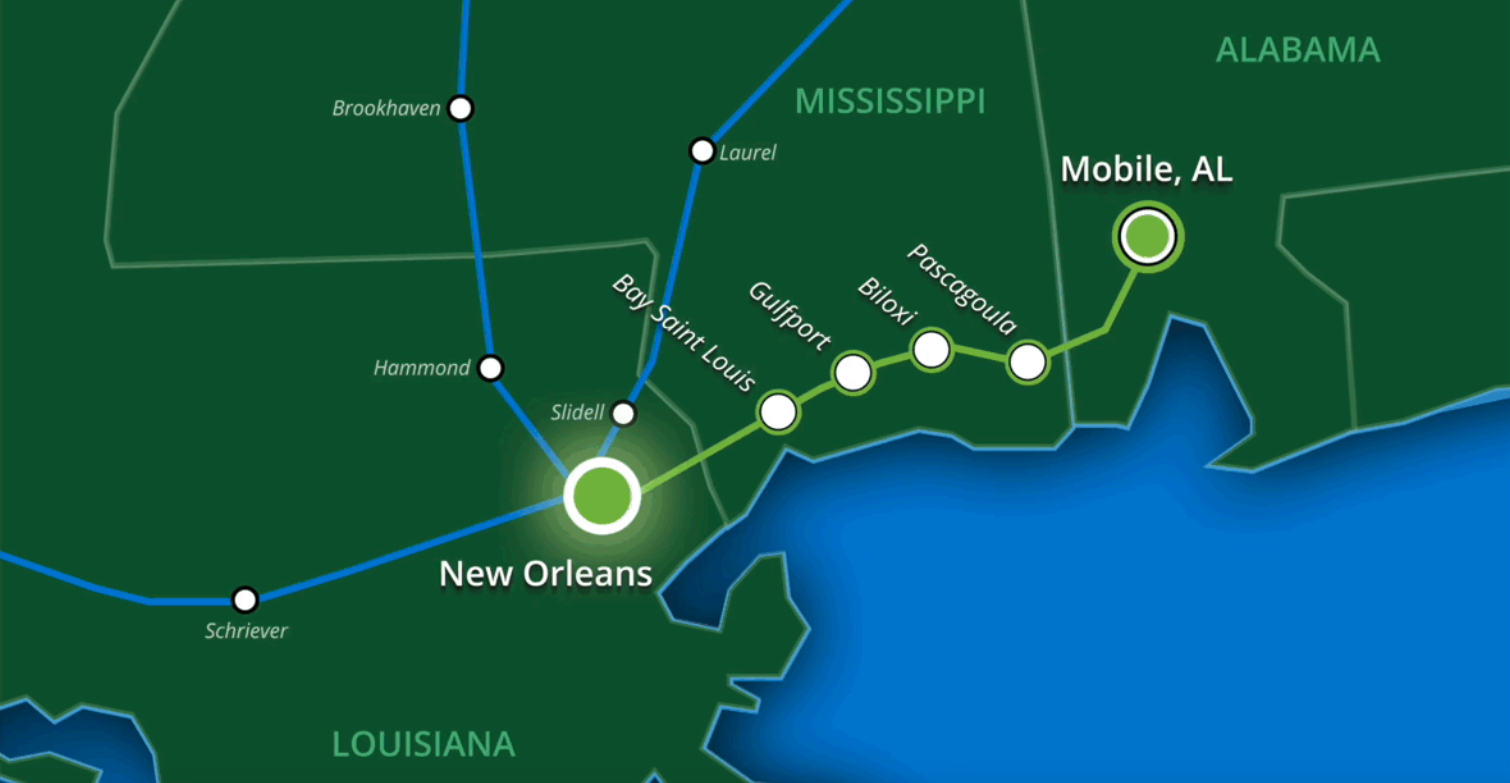
Amtrak President Roger Harris, said:Amtrak Mardi Gras Service is a natural choice for the name of the new trains that will reflect the region’s distinctive culture.
Travel should be about more than just getting somewhere. Our goal is to have some of that festive Mardi Gras feeling on every trip, sharing the culture of the Gulf Coast region while connecting with the rest of the Amtrak network.
In addition to the Amtrak Mardi Gras Service, new offerings will see same-day connections from the cities of Bay Saint Louis, Gulfport, Biloxi and Pascagoula in both directions to the Amtrak City of New Orleans trains running between New Orleans and Chicago via Memphis.
Amtrak Mardi Gras Service guests will also be able to make next-day connections in New Orleans to Amtrak Crescent trains travelling both to and from New York via Atlanta, as well as Amtrak Sunset Limited services to and from Los Angeles via Tucson, San Antonio and Houston.
Joe Donahue, Secretary of the Louisiana Department of Transportation and Development, said:With the launch of the Amtrak Mardi Gras Service, we are not just restoring a transportation link; we are celebrating the vibrant culture and community spirit of the Gulf Coast.
This service will enhance connectivity, boost local economies and create memorable experiences for travellers who wish to explore the beautiful landscapes and rich heritage of our region.
Fares and schedules are set to be published on Amtrak’s website as soon as a service date has been announced in the coming weeks. The service will offer passengers wide reclining seats, improved legroom, no middle seats and extra carry-on baggage allowance.
The Amtrak Mardi Gras Service will be operated under contracts with the states of Louisiana and Mississippi, financial support from the City of Mobile and backing of the SRC.

















